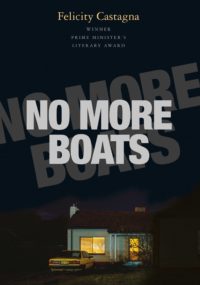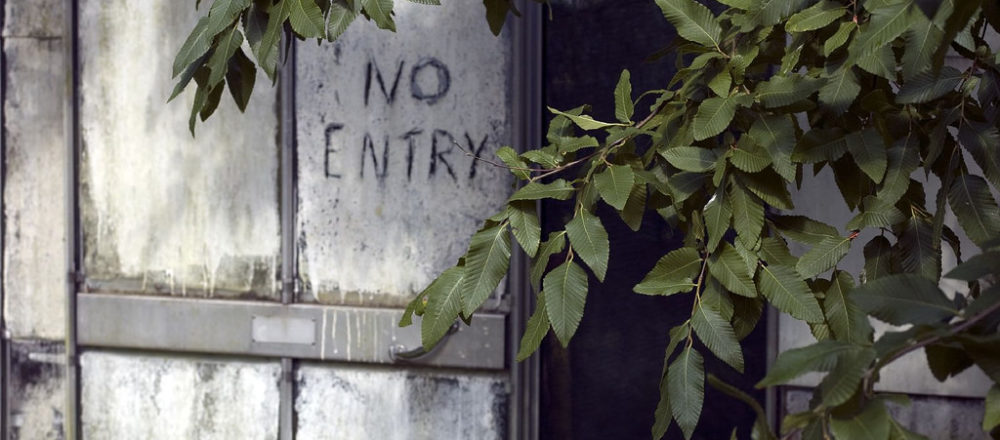
No More Boats
Felicity Castagna
Giramondo Publishing Company
In his 2001 statement on asylum seekers, former Prime Minister John Howard declared “We decide who comes into this country and the circumstances in which they come.”
Almost a decade later, we’re still left to ponder the significance of Australia’s second-longest prime ministership and the drastic impact that it has had on Australia’s asylum seeker and refugee policies. In a short 219-pages, Felicity Castagna taps into these issues in her latest work of fiction, No More Boats. Winner of the 2014 Young Adult Fiction Prime Minister’s Literary Award for her novel The Incredible Here and Now, Castagna has demonstrated her genuine ability to write deeply affecting stories – and does so again here.
At its core, No More Boats is a statement about Australia’s paradoxical relationship with its migrant origins, questioning whether, ultimately, anybody is “from” here if they are not Indigenous; At least half of all Australians are either born overseas, married to a migrant or the child of at least one migrant parent. As Castagna astutely points out, Australia prides itself on an ethos of a “fair go”, yet it is simultaneously gripped by a collective anxiety about foreign invaders.
“It’s happening every moment. We’re seeing the effect of those swarming populations sitting in a boat called Tampa, right off our own shores. They’re waiting, just waiting to swarm on in and start another hive.”
Set against the backdrop of Sydney’s multicultural Parramatta, No More Boats explores the political tensions which arose in 2001 when the Norwegian freighter MV Tampa, carrying 438 Afghan refugees, was refused entry to Australian waters. It highlights the subsequent unrest among parts of the populous, who questioned whether asylum seekers should even be granted entry into Australia at all.
The story follows Antonio Martone, a post-war Italian migrant whose life is slowly unravelling as he experiences an emotional breakdown, and whose crises coincide with the Australian government’s growing obsession with securing its borders. Antonio is visited by the ghost of his dead friend who commands him to paint the words ‘No More Boats’ across his front yard, despite having arrived on a boat himself many years prior. His incongruous racism reverberates with notions of alienation, and mirrors the corrosive rhetoric surrounding asylum seekers in 2001 – the effects of which we’re still feeling today.
At the same time, his wife, Rose, contemplates the life she could have led, while his adult children struggle to come to grips with their dysfunctional family. Their son, Francis drifts in and out of their lives in a marijuana-induced haze. Meanwhile, Clare, their daughter, is desperate to shake off Parramatta and her family amidst the growing tensions as a result of Antonio’s protestant attitude towards asylum seekers.
“On the pavement there was the refuse left by people who had come to watch the show that was her current life: a Pauline Hanson poster ripped in two, a beer can, a white plastic chair.”
In fluid prose, Castagna builds the story slowly, weaving the narratives of the four protagonists and creating a realistic – but heart-wrenching – environment that is deeply similar to the current climate of Australian politics. It is a rare and magnificent thing to read a book that so expertly ties fictional narrative to specific events in political history without altering its context or embellishing for literary effect. Castagna writes in a deeply thought-provoking way, without taking any sides in the matter; instead, she allows the reader to make up their own mind.
Perhaps the most intriguing thing about No More Boats, though, is the parallels that it still holds with contemporary Australia. Much of the rhetoric surrounding asylum seekers and refugees has continued to permeate Australian politics, and the issue of boat arrivals is still central to elections. Through the lens of a fictional suburban family, Castagna has created a novel that is both memorable and vital in reminding us to consider where we come from.



